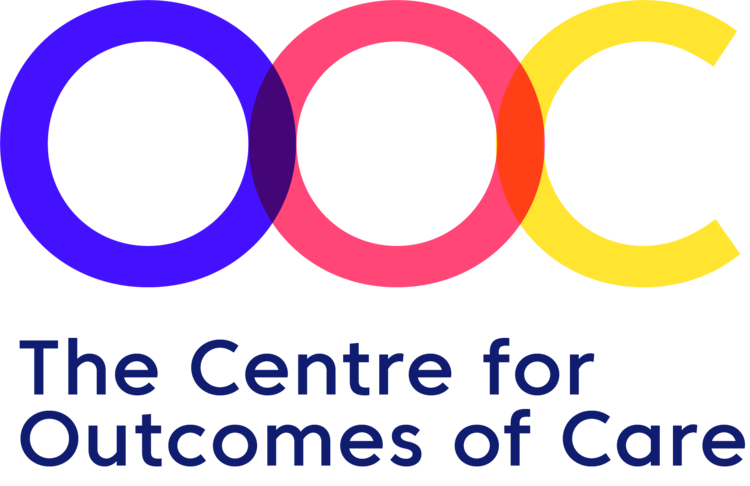Assessment of needs is critical at an individual level to inform practice responses, and at a population level to inform sufficiency. For local authorities to be able to develop services with achievable budgets for commissioners, reliable assessment of needs of children and families are required. It is also a requirement for effective targeting of resources to cases with the highest need. Assessments must be holistic and include sound professional assessment and analysis, alongside actuarial tools and standardised measures.
From a commissioning perspective without accurate assessment of needs and required services or treatment, it is not possible to tier or categorise, and where appropriate more than one department commission a service. Our work has also demonstrated that inaccurate assessment of need has undermined the commissioning process due to providers lacking confidence in the information contained in a placement referral form.
There are different methods to achieve a reliable measure of need. But it is critical that measure of need is used as a basis of outcome monitoring, it will need to be demonstrate that it is accurate, reliable and acceptable to all stakeholders. To achieve confidence in a measure of need requires attention to be given to established evaluation methods and minimum requirements of validation. Due to this it is recommended that established holistic assessment tools that include measures are used.
